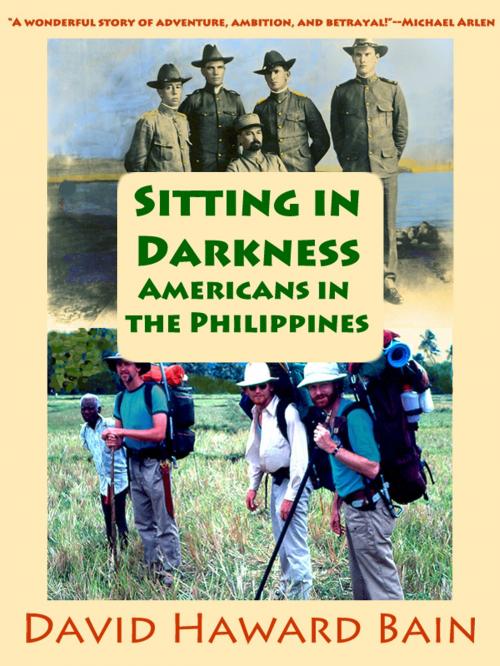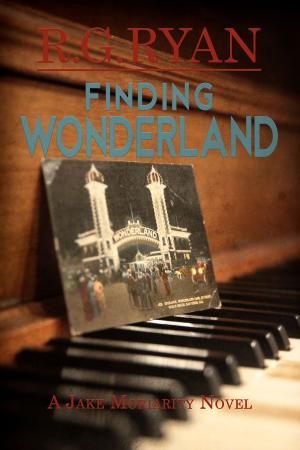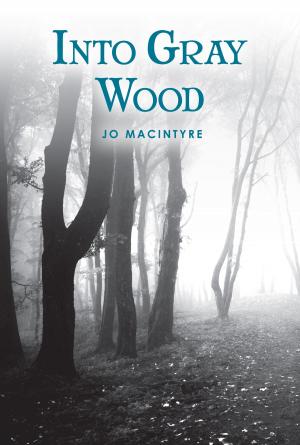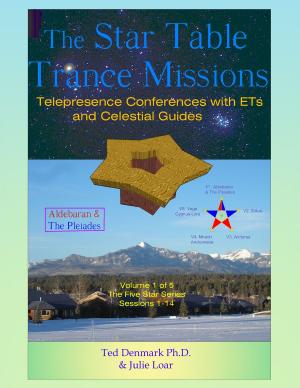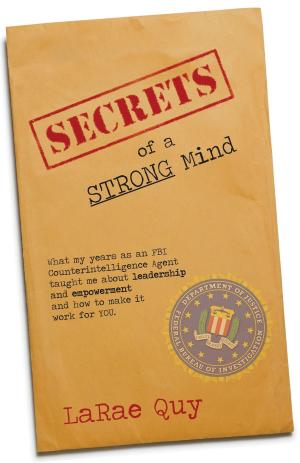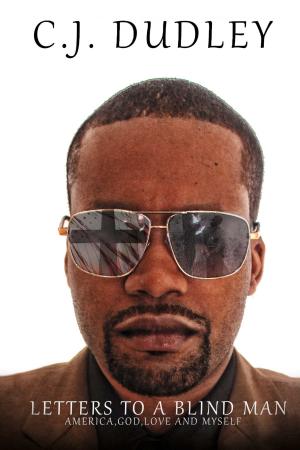Sitting in Darkness
Americans in the Philippines
Nonfiction, History, Americas, United States, 19th Century| Author: | David Haward Bain | ISBN: | 9781624884597 |
| Publisher: | BookBaby | Publication: | November 3, 1984 |
| Imprint: | Language: | English |
| Author: | David Haward Bain |
| ISBN: | 9781624884597 |
| Publisher: | BookBaby |
| Publication: | November 3, 1984 |
| Imprint: | |
| Language: | English |
Sitting in Darkness follows the paths of three people in the Philippines: an American soldier of fortune, a Filipino revolutionary leader, and an American historian who left the safety and limits of the library for the hazards of the jungle. What emerges is a narrative in which past and present are unforgettably entwined. In March 1982, David Haward Bain hiked 110 miles through the mountainous, sparsely populated coast of Luzon. Led by pygmy guides, he and his five companions crossed peaks, forded rivers, and negotiated jungles to retrace a historic expedition made during a pivotal but now forgotten American war. What spurred Bain to attempt this trek were the personal sagas of two men who were symbols of their country's aspirations, headline makers at the century's turn, who are now largely unknown: Frederick Funston, a midwestern soldier of fortune and winner of the Congressional Medal of Honor, and Emilio Aguinaldo, the heart and soul of the Philippine insurrection against the United States. While in the Philippines, Bain spoke with moderate oppositionists, government supporters, and communist guerrillas; priests, social workers, political scientists, and historians; policemen and peasants. Their voices give considerable insight into the tinderbox of repression and revolution that smolders in the Philippines today. An epilogue brings the history of Philippine-American relations up to date with a meditation on the assassination of Benigno Aquino, a return during the People Power revolution, and what they mean for the future of Philippine and U.S. power in that part of the world. Sitting in Darkness is more than a history, although it is that many times over. It is that rare book in which yesterday and today are brought into sharp and simultaneous focus. It is a vast and meticulously executed chronicle of two nations and their people inextricably linked by politics and power, history and blood.
Sitting in Darkness follows the paths of three people in the Philippines: an American soldier of fortune, a Filipino revolutionary leader, and an American historian who left the safety and limits of the library for the hazards of the jungle. What emerges is a narrative in which past and present are unforgettably entwined. In March 1982, David Haward Bain hiked 110 miles through the mountainous, sparsely populated coast of Luzon. Led by pygmy guides, he and his five companions crossed peaks, forded rivers, and negotiated jungles to retrace a historic expedition made during a pivotal but now forgotten American war. What spurred Bain to attempt this trek were the personal sagas of two men who were symbols of their country's aspirations, headline makers at the century's turn, who are now largely unknown: Frederick Funston, a midwestern soldier of fortune and winner of the Congressional Medal of Honor, and Emilio Aguinaldo, the heart and soul of the Philippine insurrection against the United States. While in the Philippines, Bain spoke with moderate oppositionists, government supporters, and communist guerrillas; priests, social workers, political scientists, and historians; policemen and peasants. Their voices give considerable insight into the tinderbox of repression and revolution that smolders in the Philippines today. An epilogue brings the history of Philippine-American relations up to date with a meditation on the assassination of Benigno Aquino, a return during the People Power revolution, and what they mean for the future of Philippine and U.S. power in that part of the world. Sitting in Darkness is more than a history, although it is that many times over. It is that rare book in which yesterday and today are brought into sharp and simultaneous focus. It is a vast and meticulously executed chronicle of two nations and their people inextricably linked by politics and power, history and blood.
